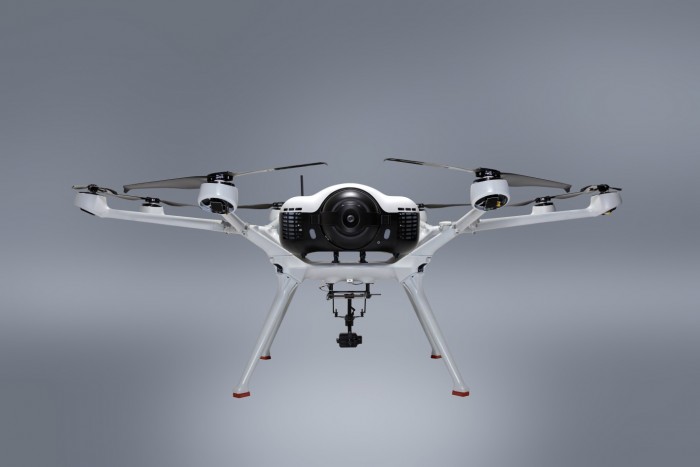Exploring the Future Potential of US Drones in Modern Combat
The landscape of warfare is ever-evolving, and one area that has seen significant advancement is the utilization of US drones. Over the past few decades, drones have transitioned from mere reconnaissance tools to dynamic assets that play a pivotal role in military strategy. From surveillance to combat, these unmanned aerial vehicles (UAVs) are reshaping how the United States approaches defense and offensive operations. They offer capabilities that can enhance strategic decision-making, improve data collection and analysis, and provide safer alternatives to manned missions.
Technological Advancements in US Drones
One of the hallmarks of US drones is their continual technological improvement. These advancements include enhanced flight range, improved battery life, more sophisticated sensors, and better communications systems. For instance, innovations in AI and machine learning have revolutionized the autonomy of drones, enabling them to execute complex missions with minimal human supervision. These developments not only maximize operational efficacy but also reduce the risk to human lives by minimizing direct confrontation.
The Strategic Advantages of US Drones
US drones offer unparalleled advantages in modern warfare. Firstly, their ability to gather intelligence from a safe distance ensures that military operations are informed and precise. In combat scenarios, drones can carry out strikes with high precision, significantly reducing collateral damage and civilian casualties. Furthermore, the stealth capabilities of drones enable them to fly undetected in hostile territories, providing a strategic edge in surveillance and combat. Additionally, drones can be deployed swiftly in response to emerging threats, offering a nimble and cost-effective solution to dynamic military challenges.
Integration with Military Forces
The integration of drones into military forces requires careful planning and coordination. As technology advances, the synergy between drones and human forces becomes increasingly critical. Proper integration ensures that the complementary strengths of drones and personnel are utilized effectively. Training soldiers to understand and operate alongside drones is essential to optimize their potential, as is developing secure protocols for communication and data exchange between drones and ground units.
Another area of exploration is the ethical considerations concerning the use of drones in warfare. With their capability to operate autonomously, questions about accountability and decision-making arise. These considerations highlight the need for stringent rules and regulations governing the use of UAVs in combat, ensuring they are used responsibly and in compliance with international law.

Looking Ahead: The Future of Drones
As we look to the future, US drones are poised to play an increasingly vital role in defense strategies. Emerging technologies such as quantum computing and enhanced cyber-defense mechanisms will shape the next generation of UAVs, making them even more effective and secure. Additionally, the development of advanced drones that can operate in diverse environments – from urban landscapes to underwater settings – opens new avenues for military applications. Collaborations between tech firms and defense organizations will likely accelerate these innovations, ensuring that drones remain at the forefront of military technology.
FAQs about US Drones
Q: How do drones impact military strategy?
A: US drones considerably enhance military strategy by providing real-time intelligence, precision in strikes, and reducing risks to military personnel. Their versatility allows for rapid deployment in various scenarios.
Q: Are there ethical concerns associated with drone warfare?
A: Yes, the use of autonomous drones raises questions about accountability, the potential for unintended casualties, and adherence to international law. Ethical guidelines are continually developed to address these issues.
Q: What future advancements can we expect in drone technology?
A: Future advancements may include enhanced AI capabilities, better environmental adaptability, and improved cybersecurity measures. These will expand the operational scope and effectiveness of drones in military applications.